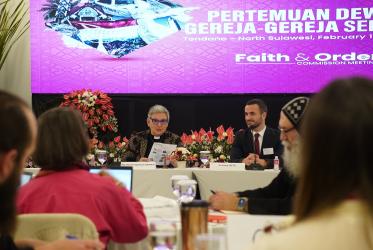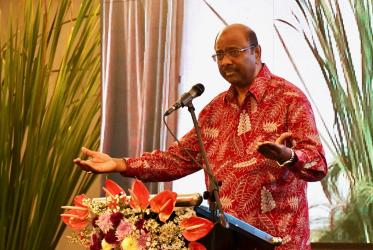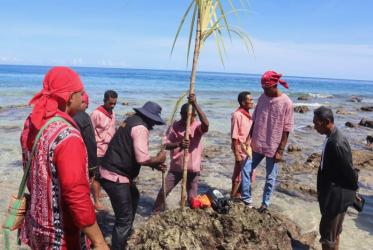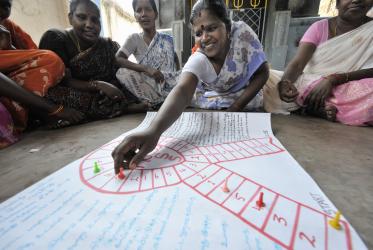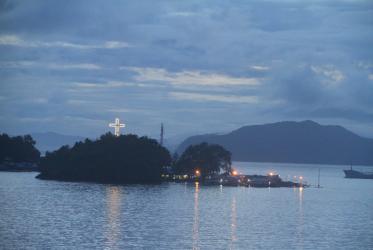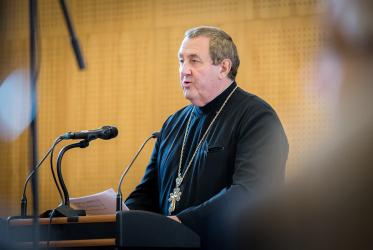Displaying 1 - 20 of 54
03 February 2024
Unity is key when health crisis poses new challenges in Asia
28 February 2022
In a COVID-stricken world, “everyone is important”
23 October 2020
The cry of the Papuans in Indonesia
14 November 2019
“Economy of life” lifted up at special school in Indonesia
22 August 2019
WCC condemns massacre of farmers in Philippines
12 April 2019
